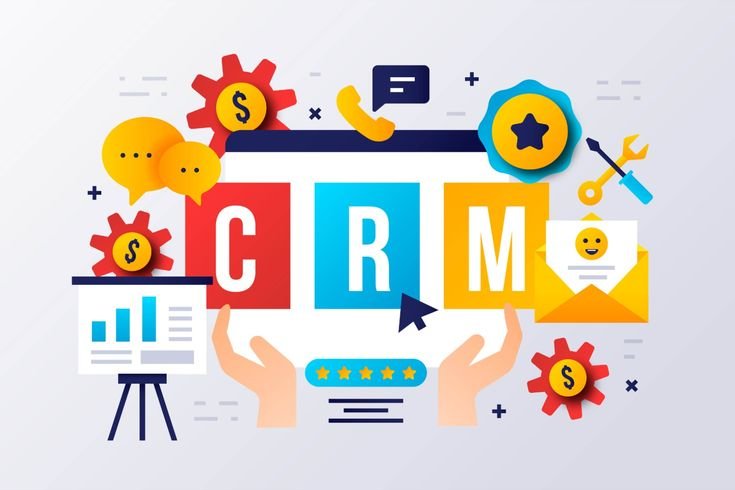Introduction
In today’s digital-driven market, businesses thrive on strong customer relationships. Whether you’re a startup or an enterprise, managing customer interactions efficiently is the key to long-term success. This is where Customer Relationship Management (CRM) software plays a vital role.
A well-implemented CRM system organizes customer data, streamlines sales, automates marketing, and enhances customer service, making business operations more efficient and profitable. But why exactly is CRM essential, and how can it revolutionize your business? Let’s find out.
What is CRM?
CRM (Customer Relationship Management) is a technology-driven strategy that helps businesses manage interactions with potential and existing customers. A CRM system consolidates customer information, tracks communications, and automates workflows, ensuring seamless customer engagement.
Types of CRM Systems
- Operational CRM – Focuses on automation (sales, marketing, and customer service).
- Analytical CRM – Gathers customer insights for better decision-making.
- Collaborative CRM – Enhances team communication and customer interactions.
Key Benefits of CRM for Businesses
1. Centralized Customer Data
A CRM stores all customer information in one place, making it easier for teams to access history, preferences, and interactions. This leads to personalized communication and better customer service.
2. Improved Sales & Lead Management
CRM tools help sales teams track leads, nurture prospects, and close deals faster with automated follow-ups and reminders.
3. Enhanced Customer Service
With CRM, support teams can resolve customer queries efficiently by accessing past interactions and providing personalized solutions.
4. Automated Marketing Campaigns
CRM enables businesses to run targeted email campaigns, segment customers, and analyze marketing performance effortlessly.
5. Real-Time Analytics & Reporting
CRM provides insightful reports on sales trends, customer behavior, and employee performance, helping businesses make data-driven decisions.
Must-Have Features in a CRM System
✔ Contact & Lead Management – Organize customer and prospect details efficiently.
✔ Sales Automation – Automate follow-ups, reminders, and deal tracking.
✔ Marketing Integration – Run email campaigns and social media automation.
✔ Customer Support Ticketing – Manage and track customer complaints efficiently.
✔ Mobile Access – Access CRM from anywhere for seamless operations.
✔ Custom Reports & Dashboards – Gain business insights with real-time analytics.
Choosing the Right CRM for Your Business
When selecting a CRM, consider:
🔹 Business Size & Needs – Small businesses may need a simpler CRM, while enterprises require advanced features.
🔹 Ease of Use – A user-friendly interface ensures quicker adoption.
🔹 Integration Capabilities – CRM should integrate with email, social media, and ERP tools.
🔹 Customization & Scalability – Ensure it grows with your business.
Some popular CRM tools include Salesforce, HubSpot, Zoho CRM, and Microsoft Dynamics 365.
How CRM Drives Business Growth in 2024
✅ Boosts Productivity – Automates repetitive tasks, allowing employees to focus on critical tasks.
✅ Enhances Customer Engagement – Provides personalized services, increasing customer retention.
✅ Strengthens Team Collaboration – Sales, marketing, and support teams work seamlessly.
✅ Maximizes Revenue – By optimizing lead conversion and sales strategies.
Conclusion
A well-implemented CRM system is no longer an option but a necessity for businesses aiming to thrive in today’s competitive market. Whether you want to improve customer relationships, automate marketing, or boost sales, a CRM is your ultimate solution.
💡 Ready to implement a CRM for your business? Start today and experience the transformation!




